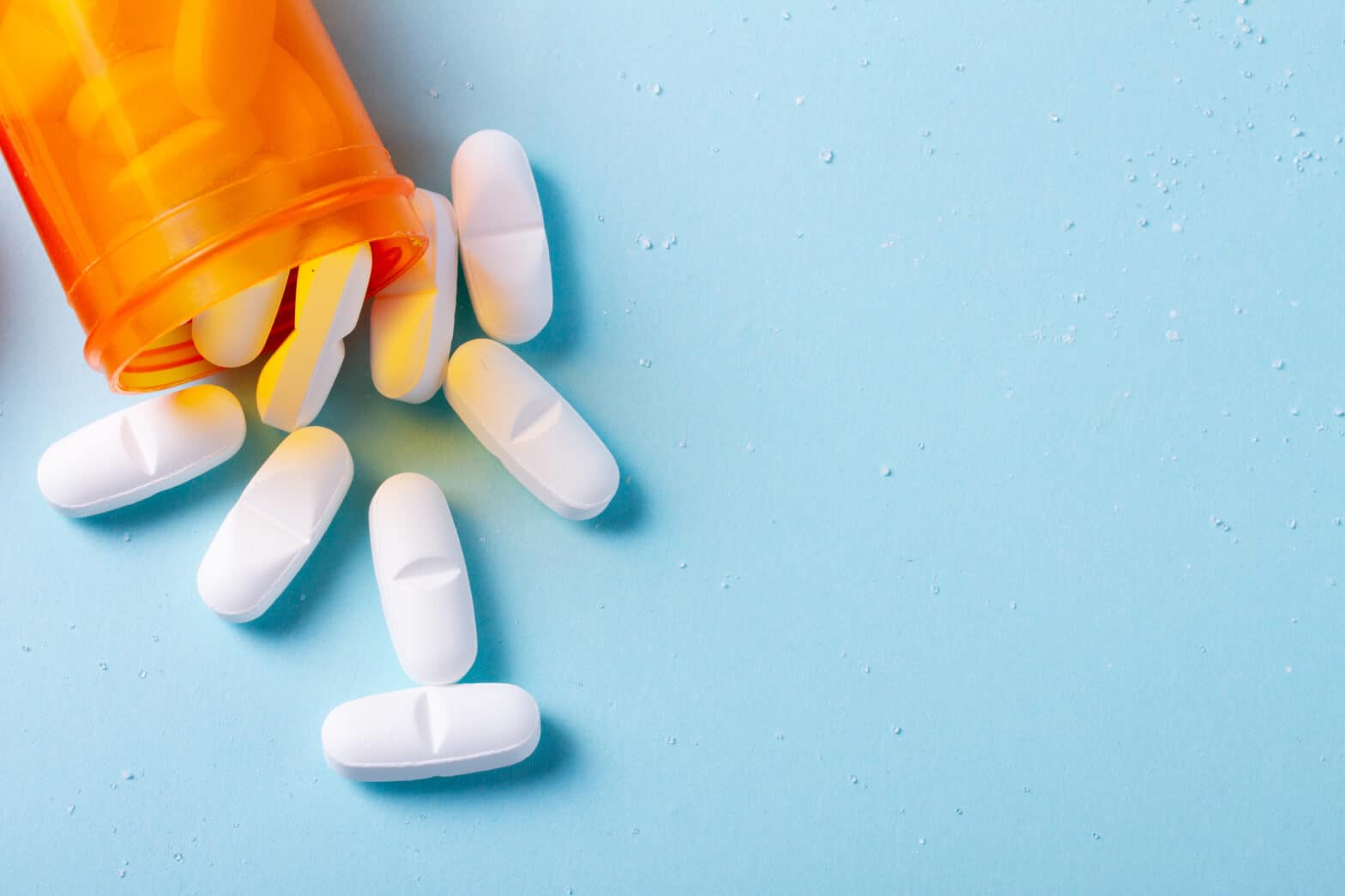Can You Take Your Cholesterol Medication To Inpatient Drug Rehab?
Cholesterol medications help you maintain healthy cholesterol levels. Some rehab centers will not allow you to bring these medications due to the risk of misuse. Other centers allow them as long as you bring them in their original, unopened containers with the prescribing information intact.

If you suffer from high cholesterol levels, you may be prescribed a cholesterol medication by your primary healthcare doctor.
Those entering a rehab program for substance abuse treatment who take cholesterol medications may need to bring their medicine to the treatment center.
Can You Take Your Cholesterol Medication To Rehab?
Typically, you can bring your cholesterol medication to an inpatient rehab because you should not abruptly stop taking your medication.
Cholesterol medication may be prescribed for various reasons and the staff at your rehab center will need to know of any medical conditions you suffer from.
Managing Medication During Rehab
Some drug rehab centers may also manage your prescribed medications during your stay. Your primary care doctor may perform blood work before you go to rehab to determine if there’s a continued need to lower cholesterol levels.
As an inpatient, you will remain at the treatment facility 24/7, receiving constant care in a supportive environment.
Once you inform your doctor of the medications you take, they will determine the risk, if any, of taking the medicine while participating in a rehab program which may require you to take other prescription medications.
Understanding Cholesterol Medication
There are several reasons why people are prescribed cholesterol medication. If you have high low-density lipoprotein (LDL), statin drugs may be used to lower the LDL cholesterol which can enter your bloodstream.
Lipids, or fat in the bloodstream, can lead to high cholesterol. High cholesterol is determined by elevated LDL cholesterol levels or high triglyceride levels.
LDL levels can cause a build up in arteries. High triglyceride levels, however, may not directly cause artery blockage, but can be a catalyst for other health problems.
People take cholesterol medication to lower cholesterol levels.
Examples Of Cholesterol Medications
Cholesterol-lowering medications may consist of different statins. At the rehab center, your treatment team may provide statin therapy to assist you with your cholesterol levels while also managing your drug or alcohol addiction.
Examples of HMG CoA co-reductase inhibitor medications, or statins, include:
- atorvastatin (Lipitor)
- pravastatin (Lipostat)
- lovastatin (Mevacor, Altoprev)
- fluvastatin (Lescol)
- simvastatin (Zocor)
- rosuvastatin (Crestor)
- simvastatin combined with ezetimibe (Vytorin)
- atorvastatin combined with amlodipine (Caduet)
What Happens If You Stop Taking Your Cholesterol Medication?
According to the American Heart Association, if you suffer from high cholesterol and require statin use, those who abruptly stop taking the medication may have an increased risk of serious side effects such as:
- heart disease or cardiovascular disease
- atherosclerosis (the narrowing of the arteries)
- angina or chest pain
- increased risk of heart attack
- high risk of stroke
- high blood pressure
- myopathy or muscle pain
- rhabdomyolysis
These medications can assist in lowering LDL levels. Bempedoic acid (Nexletol) blocks enzymes which produce LDL cholesterol while fibrates can help reduce triglyceride levels. PCSK9 inhibitors are also LDL-lowering drugs.
To help lower cholesterol, some may make lifestyle changes such as sticking to a healthy diet, quitting smoking, and maintaining an exercise routine.
For information on our inpatient substance use program and mental health disorder treatment options, please contact us today.
- American Heart Association https://www.heart.org/en/health-topics/cholesterol/prevention-and-treatment-of-high-cholesterol-hyperlipidemia/cholesterol-medications
- National Heart, Lung, and Blood Institute https://www.nhlbi.nih.gov/health/blood-cholesterol/treatment
- National Library of Medicine: PubMed https://pubmed.ncbi.nlm.nih.gov/27809434/

